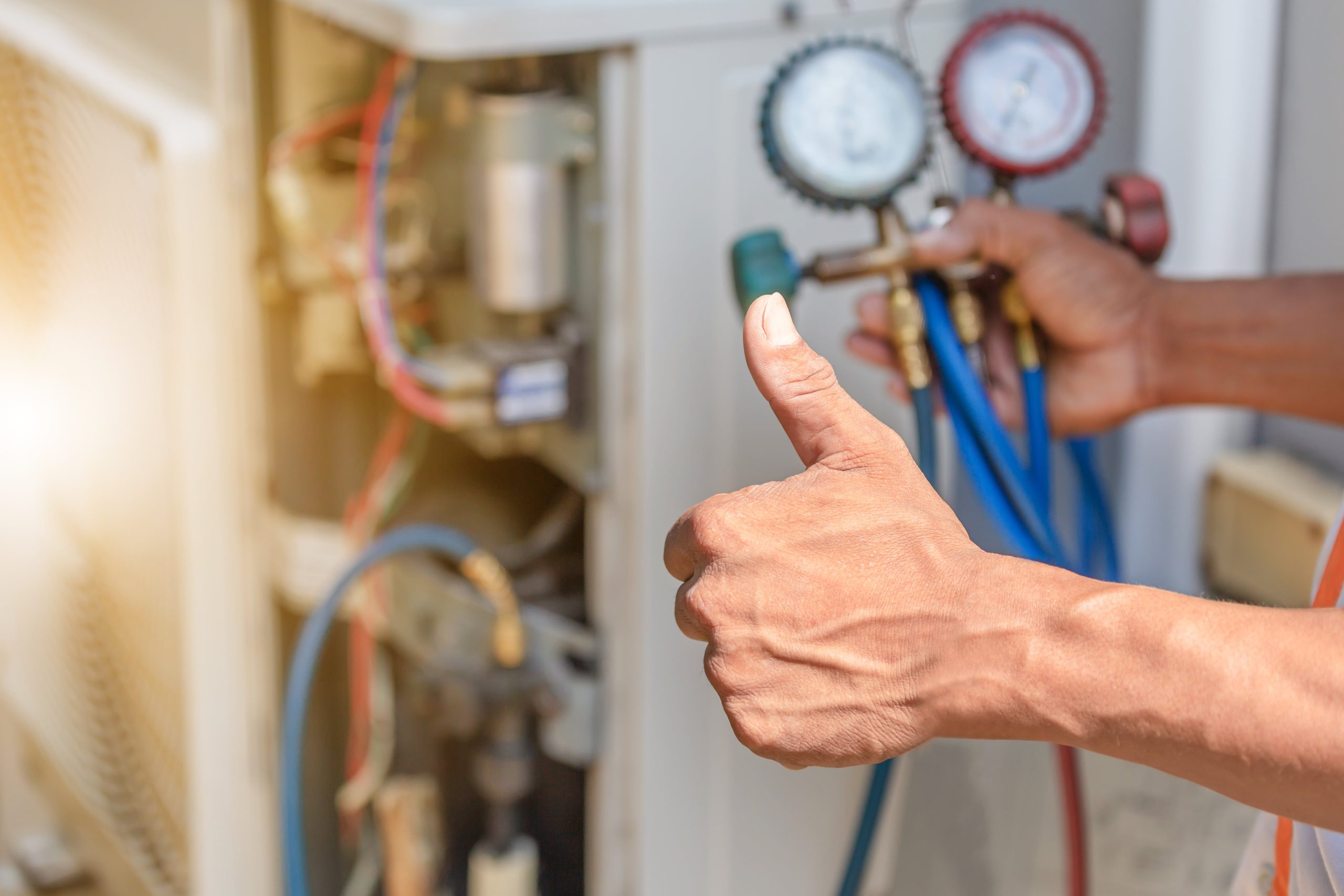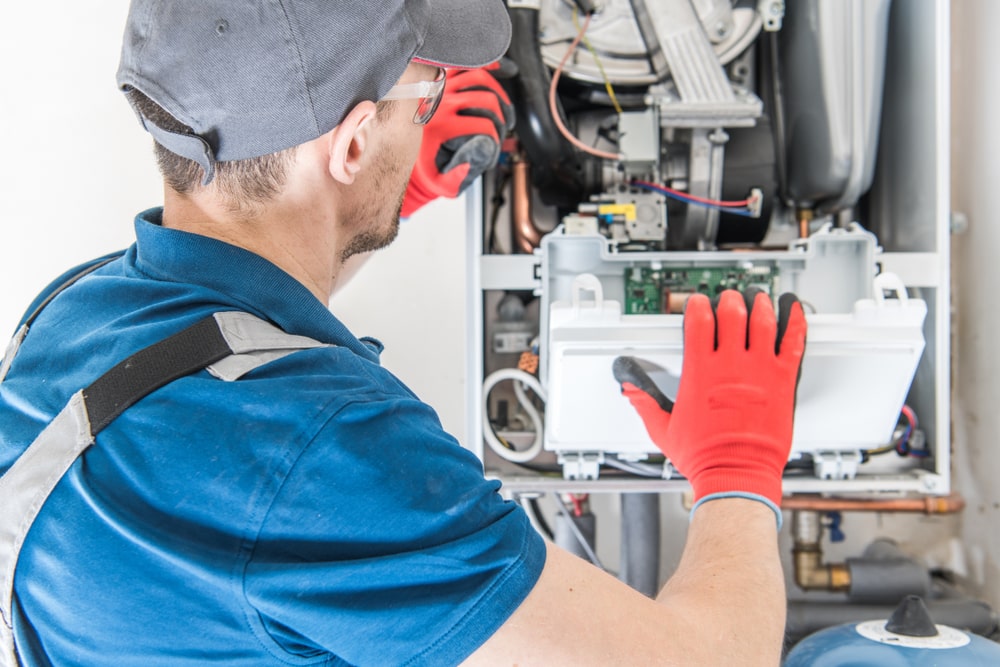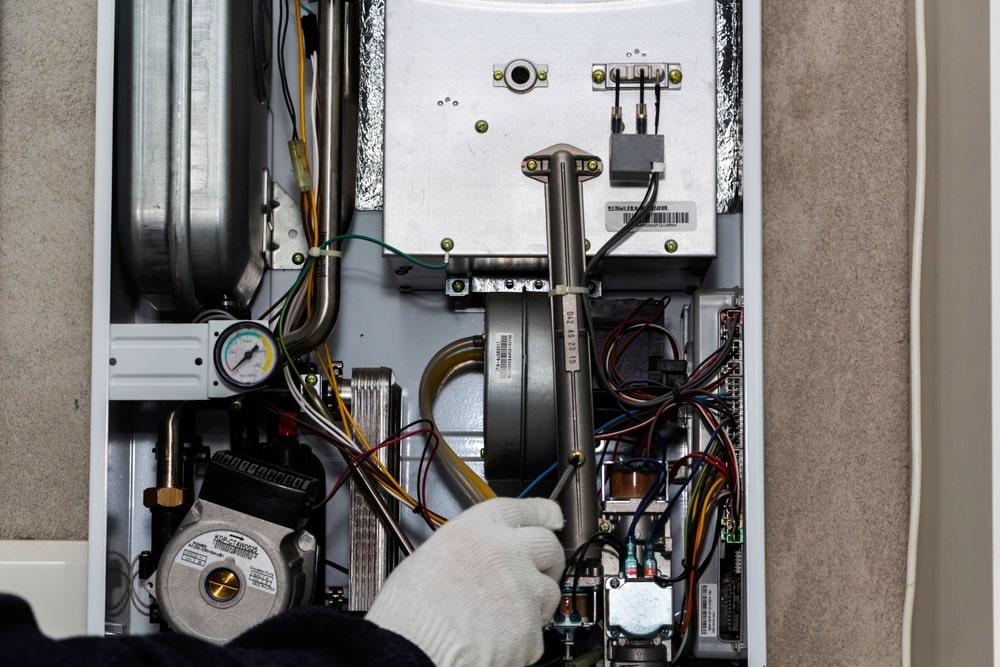
When the temperatures drop, a reliable furnace is essential to keeping your home warm and comfortable. But with so many options available, how do you make the right furnace selection? Choosing the best furnace for your home involves considering factors like energy efficiency, fuel type, proper sizing, and professional furnace installation. Making an informed decision can help you reduce energy costs, improve comfort, and ensure long-term reliability.
In this guide, we’ll discuss the key considerations for selecting the right furnace, including the different types, how to determine the correct size and the importance of furnace maintenance. By the end, you’ll have the knowledge to confidently choose an energy-efficient furnace that meets your home’s heating needs.
Understanding Different Furnace Types
Before choosing a furnace, it’s important to understand the different types available. The right furnace depends on your home’s setup, fuel availability, and energy efficiency needs.
Natural Gas Furnaces
One of the most popular options is natural gas furnaces, known for their efficiency and cost-effectiveness. They are connected to a gas line and provide consistent heating. Modern high-efficiency gas furnaces can have an Annual Fuel Utilization Efficiency (AFUE) rating of 90% or higher, converting most of the fuel into usable heat.
Pros: Efficient, cost-effective in areas with natural gas, reliable heating.
Cons: It requires a gas line, and there is an initial installation cost.
Electric Furnaces
For homes without access to natural gas, an electric furnace is a viable option. These systems use electric heating elements to warm the air. While electric furnaces tend to have a lower upfront cost, they can be more expensive to operate due to electricity costs.
Pros: Lower initial cost, easier installation, no emissions.
Cons: Higher energy bills, may struggle in extremely cold climates.
Oil Furnaces
Oil furnaces, which require an on-site oil storage tank, are less common but still used in some areas. They are often chosen in rural locations where natural gas is unavailable.
Pros: High heat output, good for areas without gas access.
Cons: Requires fuel storage, fluctuating oil prices, and more maintenance.
Propane Furnaces
Like natural gas furnaces, propane furnaces are a good alternative for homes without a gas line. They operate efficiently and are popular in rural areas.
Pros: Efficient, can be used in remote locations.
Cons: It requires propane delivery, and fuel costs may vary.
Choosing the right fuel type depends on your home’s infrastructure and heating costs in your area.
Energy Efficiency: Why It Matters
Energy efficiency is a crucial factor in furnace selection, as it directly impacts heating costs and environmental footprint. The AFUE rating measures a furnace’s efficiency—higher ratings mean more energy is converted into heat.
What Is a Good AFUE Rating?
- 80% AFUE: Standard efficiency. A good choice for moderate climates.
- 90%–98% AFUE: High efficiency. Converts nearly all fuel into heat, which is ideal for cold regions like Canada.
How High-Efficiency Furnaces Save Money
Although high-efficiency furnaces cost more upfront, they lower long-term energy costs. For example, upgrading from an 80% AFUE furnace to a 95% AFUE model can reduce heating bills by up to 15%. Over time, the savings offset the initial investment.
Tip: Look for ENERGY STAR® certified furnaces for maximum efficiency.
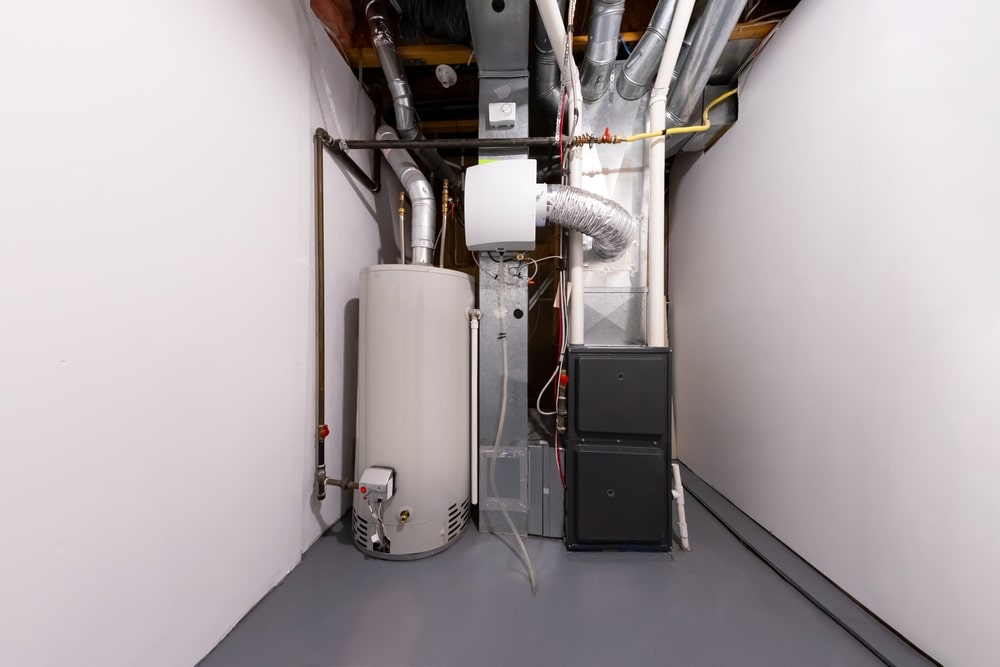
Choosing the Right Furnace Size
Selecting the correct furnace size is essential for efficient performance. A furnace that’s too small won’t heat your home properly, while an oversized furnace will cycle on and off frequently, wasting energy and increasing wear and tear.
How to Determine the Right Size
HVAC professionals use a Manual J Load Calculation to determine the ideal furnace size based on:
- Home square footage
- Ceiling height
- Insulation levels
- Local climate
- Number of windows and doors
Common Furnace Sizing Estimates
Home Size (sq ft) | Furnace Size (BTUs) |
1,000 – 1,500 | 40,000 – 60,000 |
1,500 – 2,000 | 60,000 – 80,000 |
2,000 – 2,500 | 80,000 – 100,000 |
Tip: Instead of guessing, have an HVAC technician perform a professional calculation.
Importance of Professional Installation & Maintenance
Proper furnace installation is just as important as selecting the right unit. Even the best furnace for a home won’t function efficiently if it’s not installed correctly.
Why Professional Installation Matters
- Ensures correct venting and ductwork
- Maximizes energy efficiency
- Prevents safety issues like gas leaks or electrical hazards
- Ensures the furnace operates at peak performance
Tip: Always hire a licensed HVAC professional to install your furnace.
Furnace Maintenance Tips for Longevity
Once your furnace is installed, regular furnace maintenance ensures it runs efficiently for years.
Annual Furnace Maintenance Checklist
Replace air filters every 1-3 months
Schedule an annual professional inspection.
Check for unusual noises or smells.
Ensure vents are clear of obstructions.
Keep an eye on energy bills—sudden increases may indicate issues
Regular maintenance extends the lifespan of your furnace and keeps it operating efficiently.
Did You Know?
Furnaces typically last 15 to 20 years. If yours is older than 15 years and experiencing frequent repairs, it may be time to consider a replacement.
A high-efficiency, energy-efficient furnace can reduce heating costs by up to 30% compared to older models.
Closing air vents in unused rooms can actually increase strain on your furnace, leading to higher energy bills.
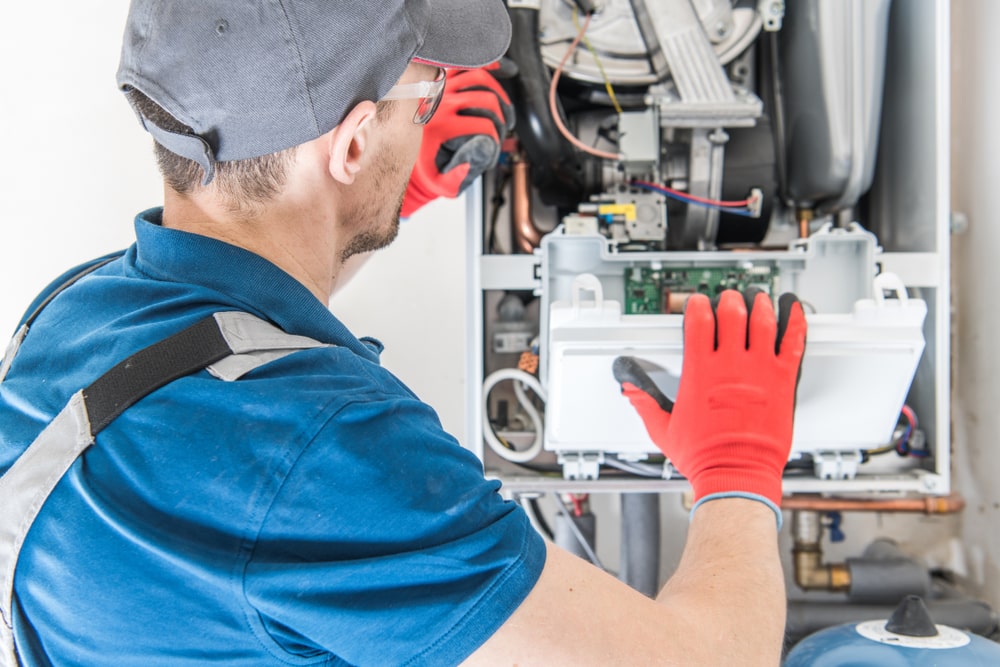
Conclusion
Choosing the right furnace for your home requires careful consideration of furnace type, energy efficiency, proper sizing, and professional installation. By selecting an energy-efficient furnace, you can ensure lower heating costs and reliable warmth for years to come.
If you’re unsure which furnace is right for you, consult an HVAC expert to help determine the best furnace for your home based on your needs.
What To Expect With HVAC Maintenance Costs
So, what are the typical HVAC maintenance costs in Ontario? They range from $100 to $300 per visit, depending on your system and the services needed. While this might seem like an expense, regular HVAC maintenance saves you money in the long run by improving energy efficiency, preventing breakdowns, and extending your system’s lifespan. By investing in yearly checkups, you can enjoy reliable heating and cooling without the stress of unexpected repairs.
Upgrade Your Comfort with Dion Comfort
At Dion Comfort, we specialize in helping Ottawa homeowners find the best furnace for home heating. Our team of experts provides professional furnace installation, ensuring you get the most energy-efficient furnace for your space.
Don’t wait until the cold sets in—contact us today to schedule a consultation and discover the best heating solution for your home!



